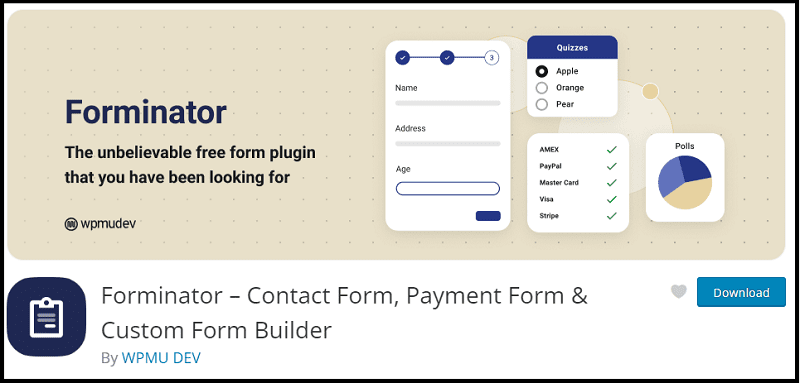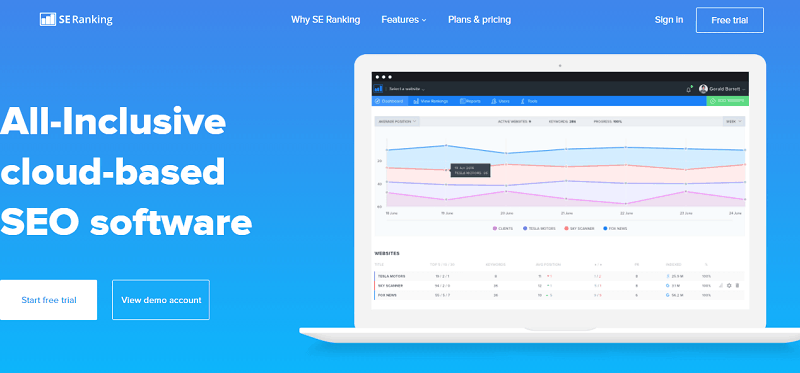Welcome to the world of local SEO! If you’re a business owner looking to boost your online presence and attract more local customers, you’re in the right place. In this guide, we’ll break down everything you need to know about local SEO and how you can leverage it to grow your business. Click this link to learn more advanced SEO techniques from the top seo company.
Table of Contents
What is Local SEO?
Let’s start with the basics. Local SEO, or search engine optimization, is the process of optimizing your online presence to attract more local customers. It involves various strategies and tactics aimed at improving your visibility in local search results, such as Google Maps and local directories.
Why Local SEO Matters
You might be wondering why local SEO is essential for your business. Well, consider this: according to recent studies, nearly half of all Google searches are for local information, and 78% of local searches result in an offline purchase. By optimizing your business for local search, you can tap into this massive pool of potential customers and drive more foot traffic to your store or office.
Key Components of Local SEO
Now that you understand the importance of local SEO let’s dive into the key components that make up an effective local SEO strategy:
1. Google My Business (GMB): Your GMB listing is like your online storefront. It includes essential information about your business, such as your address, phone number, hours of operation, and customer reviews. Optimizing your GMB listing is crucial for improving your visibility in local search results.
2. Local Keywords: Keyword research is a fundamental aspect of SEO, and local SEO is no exception. Identify relevant keywords that your target audience is likely to use when searching for businesses like yours in your area. These could include terms like “best pizza in [your city]” or “plumber near me.”
3. On-Page SEO: Optimizing your website’s on-page elements, such as title tags, meta descriptions, and content, is essential for improving your search engine rankings. Make sure to include your target local keywords naturally throughout your website’s content.
4. Local Citations: A citation is any online mention of your business’s name, address, and phone number (NAP). These citations help search engines verify the legitimacy and relevance of your business. Make sure your NAP information is consistent across all online directories and platforms.
5. Online Reviews: Customer reviews play a significant role in local SEO. Encourage your satisfied customers to leave positive reviews on platforms like Google, Yelp, and Facebook. Responding to reviews, both positive and negative, shows that you value customer feedback and can help improve your reputation online.

Optimizing Your Google My Business Listing
Your GMB listing is arguably the most critical component of your local SEO strategy. Here are some tips for optimizing your GMB listing:
- Claim and Verify Your Listing: If you haven’t already done so, claim your GMB listing and go through the verification process. This will give you access to manage your listing and respond to customer reviews.
- Complete Your Profile: Fill out all the information fields in your GMB listing, including your business name, address, phone number, website URL, and hours of operation. Upload high-quality photos that showcase your business and what you have to offer.
- Choose the Right Categories: Select the most relevant categories for your business. Be as specific as possible to ensure that your business appears in relevant search results.
- Encourage Reviews: As mentioned earlier, reviews are crucial for local SEO. Encourage your customers to leave reviews by providing excellent service and making it easy for them to leave feedback.
Local Keyword Research
Keyword research is the foundation of any SEO strategy, including local SEO. Here’s how to conduct local keyword research effectively:
- Brainstorm Relevant Keywords: Put yourself in your customers’ shoes and think about the terms they might use when searching for businesses like yours in your area. Consider including location-specific keywords, such as your city or neighborhood name.
- Use Keyword Research Tools: There are plenty of keyword research tools available, such as Google Keyword Planner, SEMrush, and Ahrefs. Use these tools to identify relevant keywords with decent search volume and low competition.
- Spy on Your Competitors: Take a look at what keywords your competitors are ranking for in local search results. This can give you valuable insights into which keywords are worth targeting for your own business.
On-Page SEO Best Practices
Optimizing your website’s on-page elements is crucial for improving your search engine rankings. Here are some best practices to follow:
- Optimize Title Tags and Meta Descriptions: Your title tags and meta descriptions should accurately describe the content of each page while including relevant keywords. Keep them concise and compelling to encourage clicks from search engine users.
- Create High-Quality Content: Content is king in the world of SEO. Create informative, engaging, and relevant content that addresses the needs and interests of your target audience. Incorporate your target local keywords naturally throughout your content.
- Optimize for Mobile: With more and more people using mobile devices to search for local businesses, it’s essential to ensure that your website is mobile-friendly. Optimize your site’s design and layout for a seamless mobile experience.
Building Local Citations
Building local citations is another critical aspect of local SEO. Here’s how to do it effectively:
- Submit Your Business to Local Directories: Start by submitting your business to popular local directories such as Google My Business, Yelp, Bing Places, and Yellow Pages. Make sure your NAP information is consistent across all directories.
- Explore Niche Directories: Depending on your industry, there may be niche-specific directories where you can list your business. For example, if you’re a restaurant, you might consider listing your business on platforms like TripAdvisor or OpenTable.
- Monitor and Update Your Citations: Citations can change over time, so it’s essential to monitor them regularly and update any incorrect or outdated information. This will ensure that search engines have accurate information about your business.
Managing Online Reviews
Online reviews can have a significant impact on your business’s reputation and search engine rankings. Here are some tips for managing online reviews effectively:
- Encourage Positive Reviews: Encourage your satisfied customers to leave positive reviews by providing excellent service and making it easy for them to leave feedback. Consider offering incentives such as discounts or freebies for customers who leave reviews.
- Respond Promptly to Reviews: Whether the review is positive or negative, it’s essential to respond promptly and professionally. Thank customers for their feedback and address any concerns or issues raised in negative reviews.
- Learn from Feedback: Use online reviews as an opportunity to learn from your customers and improve your business. Pay attention to recurring themes or issues mentioned in reviews and take steps to address them.
Conclusion
Congratulations! You’ve made it to the end of our beginner’s guide to local SEO. By implementing the strategies and tactics outlined in this guide, you’ll be well on your way to improving your business’s visibility in local search results and attracting more local customers.
Remember, consistency is key when it comes to local SEO, so be patient and keep refining your approach over time. Good luck!



















